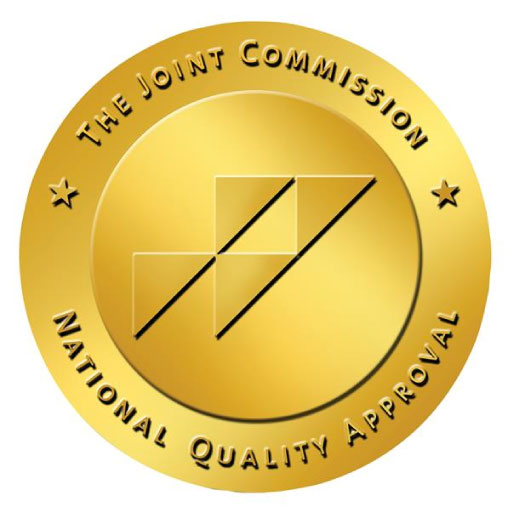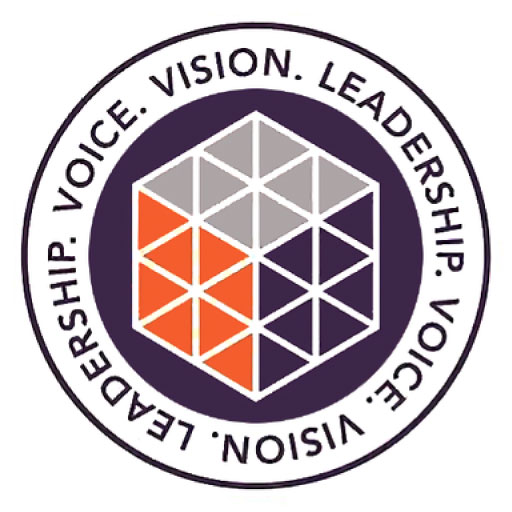
Emotional Intelligence in Recovery

~ Joshua New, LCSW, EMDR-Trained, Clinical Director
What Is Emotional Intelligence?
Emotional intelligence, or EQ, is a set of skills that help you understand your emotions as well as those of others. Emotional intelligence allows you to interpret your feelings and process them in a regulated, constructive way. The awareness of other people’s feelings enables you to develop healthy relationships that don’t dissolve when negative emotions are present.
Some people in the addiction treatment community use the term emotional sobriety to refer to emotional intelligence. Without emotional intelligence, managing your feelings can feel a lot like trying to control your substance abuse disorder without help. Your reactions to your feelings can be impulsive; the emotion itself often makes you feel out of control.
Why Is Emotional Intelligence in Recovery so Important?
Emotions are powerful. They are chemical reactions that send messages throughout the body and can affect your thinking, behavior and health. They can even change physiological processes, such as your breathing, heart rate and hormonal response.
The central nervous system reaction that is triggered by an emotion often feels overwhelming. Even an emotion that seems to feel good can activate the sympathetic nervous system’s fight-or-flight response. This is especially true if you have had traumatic experiences surrounding positive emotions, such as being ignored by your parents when you were happy about an achievement or experienced domestic violence peppered with declarations of love.
In other words, even “positive” emotions don’t always feel good. And the emotions that most people label as negative can certainly bring you down.
An emotion can feel like the most important thing in your life as you’re experiencing it. We often react impulsively to our feelings in an effort to calm our nervous systems. We bypass rational thinking and turn to the coping methods that will soothe the discomfort the fastest.
If you’re in recovery, you have probably used substances or other unhealthy coping mechanisms to manage your emotions. This diminishes your emotional intelligence. It also prevents your central nervous system from completing the circuit that begins when you feel a strong emotion. In addition to harming your physical and mental health with drugs or alcohol, you keep the emotion trapped. This creates a dangerous cycle whether you’re in active addiction or recovery.
Benefits of Learning Emotional Intelligence in Recovery
Use Your Tools More Effectively
The other resources that you have access to as part of your addiction treatment won’t be as effective as they could be if your emotional intelligence needs development. You may learn coping skills to get you through difficult times. But how will you know when you use a tool to combat anxiety if you can’t identify that you’re feeling anxious?
If you have been numbing your emotions with substances, putting a name to the way that you’re feeling might seem impossible. But the simple act of identifying your emotions puts you on the map so that you can create a plan for your sobriety journey. This is the first step toward developing your emotional intelligence.
Automate Healthy Responses
Intense emotions often generate rash reactions. You may worry that you will never be able to control your responses to floods of emotion. But emotional intelligence helps you train your brain and body to cooperate with your emotions.
There are hundreds of techniques and strategies for developing this skill. Each one moves you toward a more regulated nervous system. As your emotional intelligence grows, your body relearns how to respond to overwhelming triggers.
By using methods to identify, accept and regulate your emotions, you’ll give your body the chance to complete the circuit and dispel the central nervous system reaction. Your body will also stop reacting to intense emotions as potential threats. With practice, this process will become more automated. You’ll notice that your coping skills come more naturally and you act less impulsively.
Build a Strong Support System
Have you ever ended a relationship with someone because they said something that you took personally? Did you wish that you had handled it with more grace?
We often burn bridges with people who could be our friends, mentors and supporters when we react hastily to their words and actions. When you’re triggered by someone, you might find it hard to control your anger, frustration or sadness. For someone in recovery, these emotions can trigger unhealthy behaviors.
Emotional intelligence provides a gift when it comes to relating with others. It enhances your empathy, or your ability to put yourself in other people’s shoes. When you better understand the emotions behind someone else’s behavior, you can work with it instead of reacting to it.
This doesn’t mean that you should ignore your boundaries. If someone behaves in a way that’s unacceptable to you, you can choose to break ties with them. However, with emotional intelligence, you can make the best decision without having it derail your mood or personal life.
Reduce Your Chances of Relapse
Emotional intelligence is associated with lower rates of substance use. People with strong emotional intelligence don’t necessarily feel happy all the time. They still experience powerful emotions, including anger and pain. However, emotional intelligence raises their awareness of what they’re feeling and allows them to use available tools to regulate their feelings. What’s more is that this process happens somewhat automatically when your emotional intelligence is strong.
Emotional Intelligence Development at Renewal Lodge
- Communication
- Acceptance
- Setting realistic expectations
- Learning from difficult situations
- Self-understanding and self-compassion
- Positive outlook
- Receptivity to enjoyment and pleasure
- Listening
- Conflict resolution
- Motivation
Strengthening emotional intelligence skills leads to improved self-confidence and resilience, which supports a lasting recovery. Contact us to learn more about how Renewal Lodge incorporates emotional intelligence development in all of our programs.
Emotional Intelligence at Renewal Lodge
Clients at RL learn how to recognize emotions that they are experiencing, learn how to allow those emotions to be present, learn how to investigate why the emotions are present, and learn how to not identify with the emotions. Clients at RL learn that they are not the emotions, rather they experience emotions.




